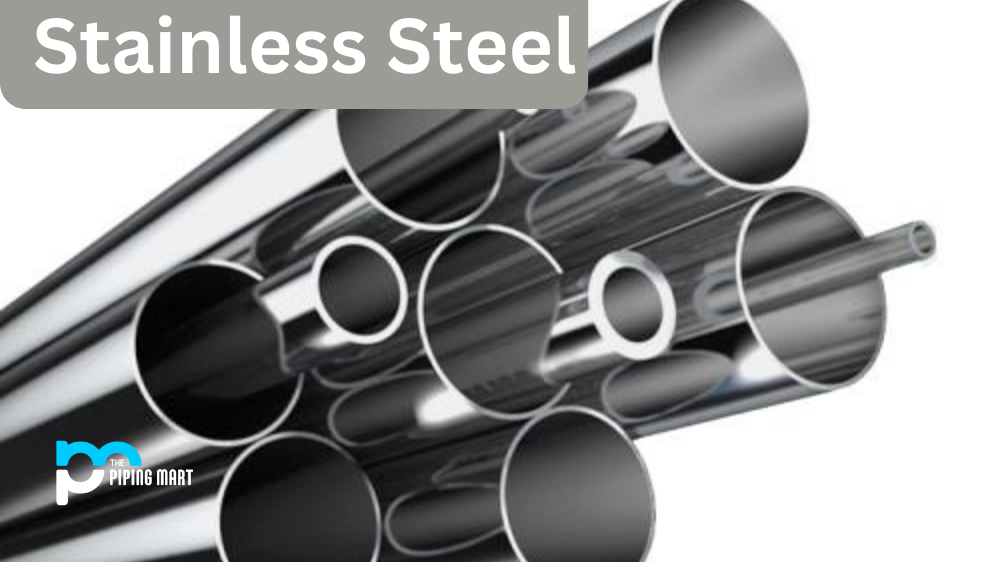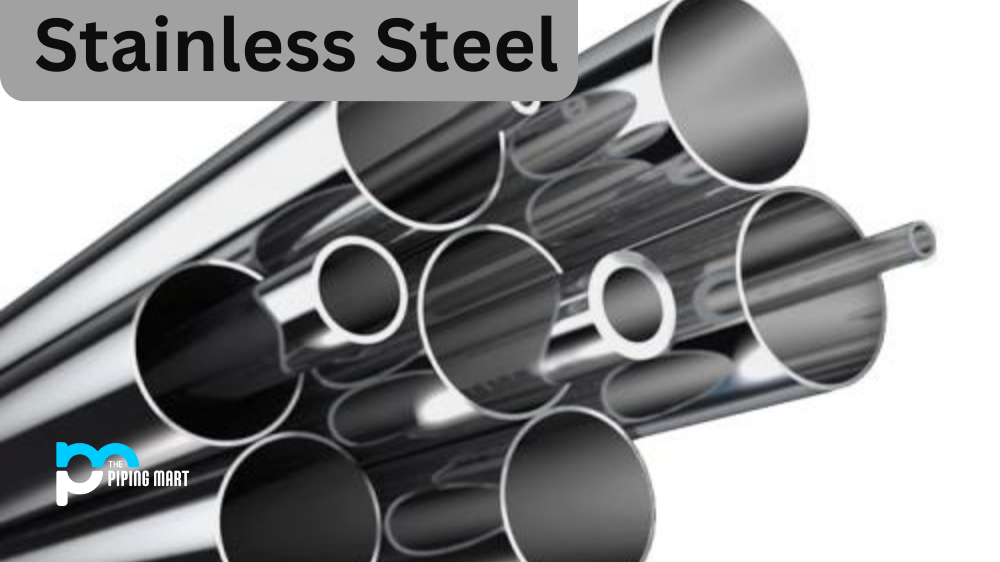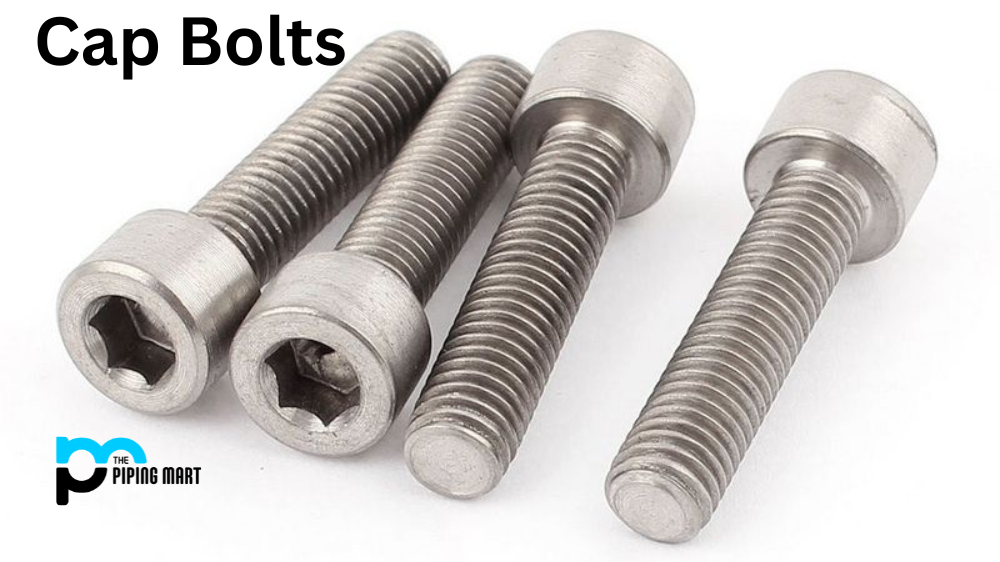Stainless steel is widely used in many industries, including construction, automotive, and manufacturing. Its popularity is due to its strength, durability, and corrosion resistance. However, quality control is crucial in every stage of the production process to ensure its reliability and longevity. Quality control is essential in delivering high-quality and consistent stainless steel products, from raw materials to finished products.
What is Stainless Steel?
Stainless steel pipes and tubes are a type of hard-wearing, corrosion-resistant piping used in various applications. They provide superior strength and high corrosion resistance in various environments, including marine, industrial, and chemical processing. This makes them perfect for use in almost any industry, from automotive to wastewater treatment. The pipes are available in a wide range of sizes ranging from 1/8″ up to 12″ with wall thicknesses as small as 0.049″ up to 3/8″. Stainless steel comes in 304L for indoor applications and 316L for outdoor or corrosive environments. Each grade has its alloy composition determined by the percentages of chromium, nickel molybdenum, titanium and copper involved, which helps give stainless steel its resistance against rusting or deformation due to external forces such as extreme temperatures or corrosive solutions. As it’s versatile, stainless steel is often preferred over other materials when choosing the pipe needed for any project, offering both durability and cost-effectiveness, guaranteeing reliability over long-term use!
The Essential Role of Quality Control in Stainless Steel Production
Raw Materials
The key to producing high-quality stainless steel is to start with high-quality raw materials. Quality control begins by carefully selecting and testing each raw material before entering the production process. For example, testing the chemical composition of raw materials is crucial for determining their properties and predicting their performance. By thoroughly testing every batch and lot of raw materials, manufacturers can ensure the quality and consistency of the stainless steel products.
Production Process
The production of stainless steel involves various stages, including melting, rolling, and finishing. Quality control is important in every process step to ensure the final product meets the required specifications. During the melting stage, for instance, the chemical composition of the steel is checked to guarantee the right mix of elements. In the rolling process, the thickness and width of the steel should be uniform to ensure a consistent finished product. Quality control also involves inspecting the surface finish to ensure it meets the required standards.
Testing and Inspection
Quality control does not end after the production process. Testing and inspection are also necessary to verify the quality and consistency of the finished product. Various testing methods are used, such as mechanical testing to check the strength of the steel, non-destructive testing to detect surface defects, and corrosion testing to evaluate its resistance to corrosion. Inspections are also done to identify any flaws in the finished product that can affect its performance.
Customer Satisfaction
The ultimate goal of quality control is to ensure customer satisfaction. Manufacturers must deliver high-quality stainless steel products that meet or exceed the customers’ expectations. By adhering to rigorous quality control standards, manufacturers can minimize defects, reduce waste, and ensure timely delivery of products. Meeting customer requirements is crucial in building long-term business relationships, which is essential for the success of any company.
Conclusion:
In conclusion, quality control is vital in producing stainless steel products. It is the key to ensuring that the finished product meets the required specifications and delivers exceptional performance. From raw material selection to the final inspection, quality control plays a critical role in every stage of the production process. Manufacturers can build trust and credibility with their customers by consistently delivering high-quality and reliable products, leading to increased business opportunities and continued growth. Therefore, investing in quality control is a responsibility and a smart business move that can benefit both the manufacturers and their customers.
Sakshee is a talented blogger, with a particular focus on the Business and Metal Industry. She is passionate about sharing her insights on various metal products and helping professionals to make a better decisions.



